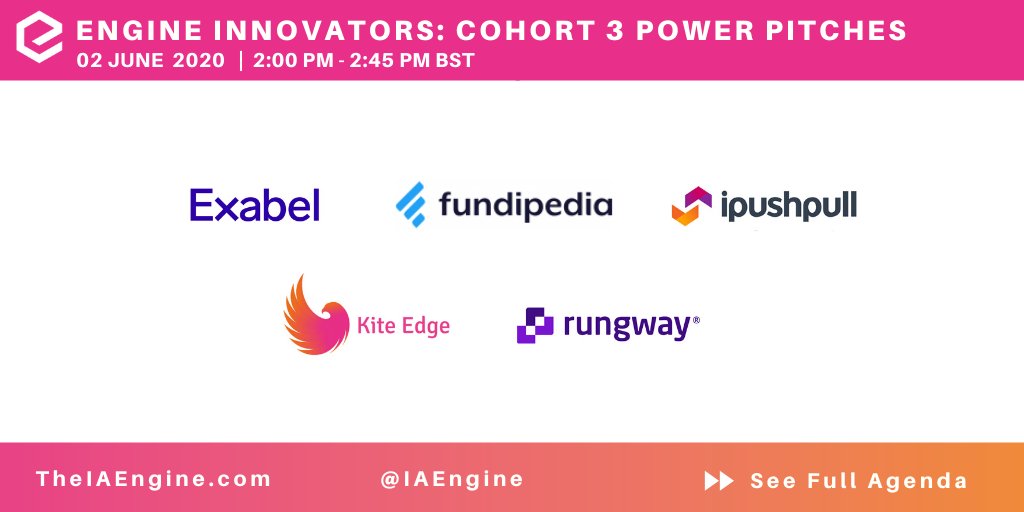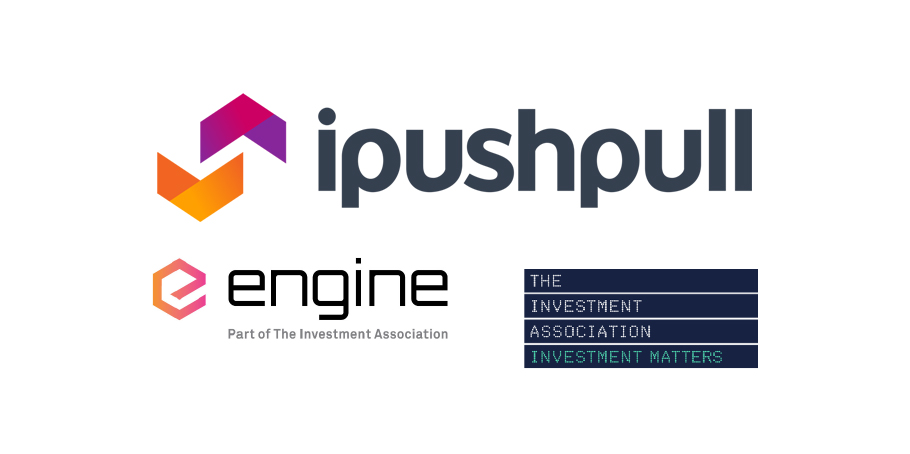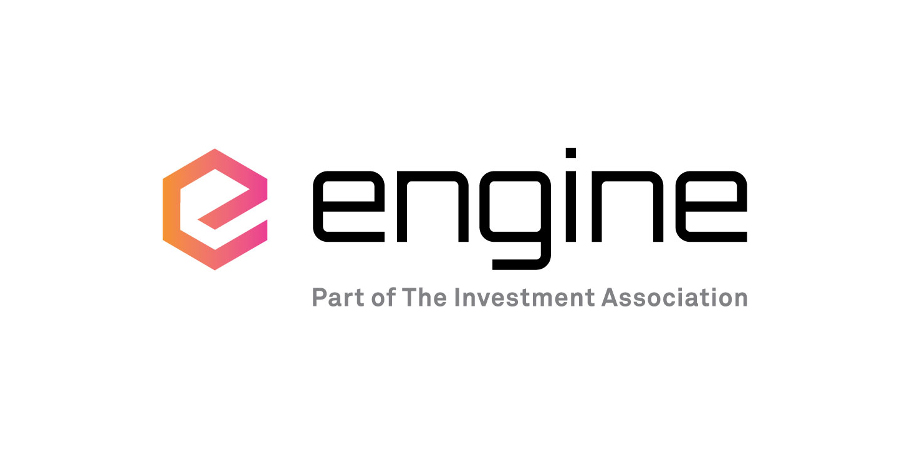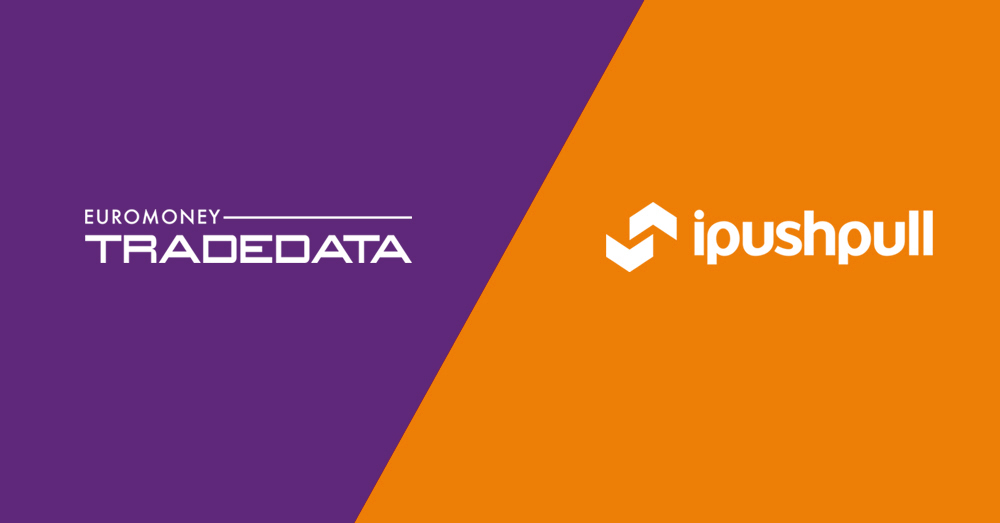Banks, inter-dealer brokers, funds and financial data vendors maintain unique, and in many cases live, data sets. This data could provide a competitive edge to clients if it could be easily shared with them
It has become something of a truism that data is a valuable commodity in today’s economy. Particularly so in the financial markets sector, where the quality and timeliness of the data can have such a massive impact on the outcome of trading and investment decisions.
Data-rich firms, such as banks producing trade axes, inter-dealer brokers making prices, commodities firms quoting spreads, reference data firms providing the latest symbology and market risk analytics platforms sharing risk metrics are therefore in a strong position. Financial market participants are hungry for unique, high-quality, accurate and timely live and on-demand data, and willing to pay a premium if it gives them a competitive edge.
Increasingly however, end clients are looking for their counterparts, vendor and service providers to offer more data. They want a better user experience by being able to access live data on-demand, and to be able to easily access and integrate the data within their existing applications and workflows, with minimum disruption. They also want more flexibility to pay only for what they use rather than being forced to subscribe to large data sets.
These demands can be tough for data producers to meet. But for those able to rise to the challenge, many opportunities can open up in terms of new services they can offer, new business models they can capitalise on, and new types of clients that they might not otherwise be able to service.
Living in the past
The traditional model of live data delivery to end users in the financial markets sector – still prevalent at the majority of financial institutions – is via dedicated desktop applications or browser-based services where, with the appropriate licence agreements, users can access the relevant data and where specific functionality is provided within those desktop or browser applications to view and work with the data.
This is all well and good but somewhat restrictive from the end-user’s perspective. Sales and Traders generally use a range of core applications in their daily workflow, such as various pricing & analytics tools, spreadsheets such as Excel, and chat apps such as Bloomberg IB chat, Eikon Messenger and Symphony, for example.
The problem arises when they want to work with live data using these core tools rather than those offered by the data producer (that’s if the data producer even offers such tools). Typically, there’s no easy way to connect the former with the latter, so generally they have to rely on inefficient or expensive ways to get the necessary data into their own applications, ranging from copy and paste between applications (prone to error and no longer real-time) or downloading CSV files (very clunky), to building API connections (very expensive), with only the latter offering anything close to live data or real-time automation. So what’s the alternative you may ask?
Data-as-a-Service
In response to growing demand for more accessible data (exacerbated by covid related remote working) , data producers and service providers are increasingly looking at how to offer “Data-as-a-Service”(DaaS). But they need to be more intelligent than just providing users with access to a massive database and giving them the ability to select the subsets of data that they want over existing channels.
As its name suggests, DaaS is not just about the Data component. Data producers need to give equal – or even greater – weight to the ‘Service’ element, as this is where they can really differentiate themselves. Particularly as a younger generation of millennials are now entering positions of seniority within firms, with higher digital demands than the old guard. In the B2C world, these “digital natives”have become used to accessing the information they want, when they want it, in their chosen format, on their own device, and to be able to immediately act on it. Increasingly, they expect their B2B providers to offer similar levels of service.
With the right DaaS approach, data producers can satisfy these demands, to really set themselves apart and capitalise on this changing dynamic. But there are three key challenges they need to overcome:
First, they need to make it a lot easier for clients to pull data from data producers into their own core applications, without having to resort to significant – and potentially costly – API development or working with flat files.
Second, they need to build value-added services around two-way data flow, where clients are not just consuming their data, but acting on it and sending data such as prices or bot commands back from their own core apps.
Third, they need to adapt their business models to reflect what is happening in the B2C world, because this is increasingly what clients want, e.g. tiered subscriptions or usage-based licences, rather than an all-or-nothing approach.
Data-as-a-Service enablement
In the past, building these types of DaaS capabilities would have incurred significant development, particularly if the data producer relies on legacy technologies for its own data collection, storage, normalisation and distribution.
Fortunately, DaaS-enabling technology now exists that makes it possible for data producers to achieve all of this without having to re-architect their own data platforms.
ipushpull, for example, enables data producers to rapidly connect their service to a cloud-based platform and deliver standardised two-way interfaces and plug-ins into popular client desktop, chat and workflow apps used within the Financial Markets sector. Combining this with features such as data-driven notifications delivered into those same apps (so that the user is automatically alerted when key events occur), ipushpull can offer a genuinely new and superior client experience.
The benefits to this approach are significant not only for external data producers but for delivering in-house data and functionality internally as a service in the same way.
In-house systems can leverage this approach across a wide range of use cases by improving live risk, position and P&L monitoring across desktop and mobile apps, syndication desks seamlessly sharing flow to sales desks or speeding up trade exception management, for example. Data and service providers, as well as gaining a fast and cost-effective way to deliver data to their clients, also benefit by being able to offer more commercial flexibility and a far better user experience to their clients. And by being able to both push and pull data to and from their clients, they gain greater insights that enable them to develop new services around data sharing, data enrichment and workflow automation, for example.
By embracing this powerful, agile new approach to DaaS, data-rich financial institutions and vendors can now adopt more flexible commercial models while keeping ahead of the ever increasing demands of their clients.
Download “Fintech’s Next Frontier: Data-as-a-Service” our Financial Markets Insights report. In collaboration with Natwest Markets, Maystreet, Euromoney TRADEDATA and Engine, part of The Investment Association, ipushpull explores the importance of Data-as-a-Service in facilitating remote working and accelerating digital initiatives within the financial markets industry.












